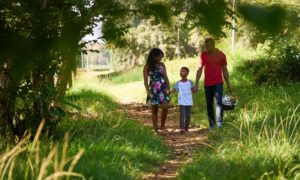 |
Joe S. McIlhaney, Freda McKissic Bush
Northfield Publishing
163 pages. $17.99.
Based on recent findings in neuroscience, obstetrician-gynecologists McIlhaney and Bush explain how neurochemicals create strong bonds between sexual partners so they will build families to keep the species going. They contend that because the adolescent brain is not fully developed, premature sexual behavior can damage “the brain formation for healthy decision making.”
Sexually intimate teenagers are often shattered when a relationship ends; studies report that they are more likely to be depressed than their sexually inactive peers. Negative aspects of early sexual activity, from date rape to sexual addiction, leave a “neurological imprint” that prevents healthy sexual bonds from forming.
Sex educators and other youth workers will pick up the authors’ pro-abstinence stance long before they mention it on page 81, where they don’t recommend birth control beyond “a stopgap until the adolescent returns to abstinence.” Although McIlhaney and Bush are connected with the Medical Institute for Sexual Health, a nonprofit that supports abstinence programs, they downplay that term. Yet they encourage parents to guide their teens to “write down your commitment to abstain from sex.”
New brain research allows the authors to make a provocative, nonreligious case for abstinence. They cite studies and surveys, but ignore the paucity of evidence that abstinence-only education is effective with teens. Nonetheless, anyone who cares about the sexual health of young people should consider these arguments. (800) 678-8812, http://www.hookedthebook.com.































